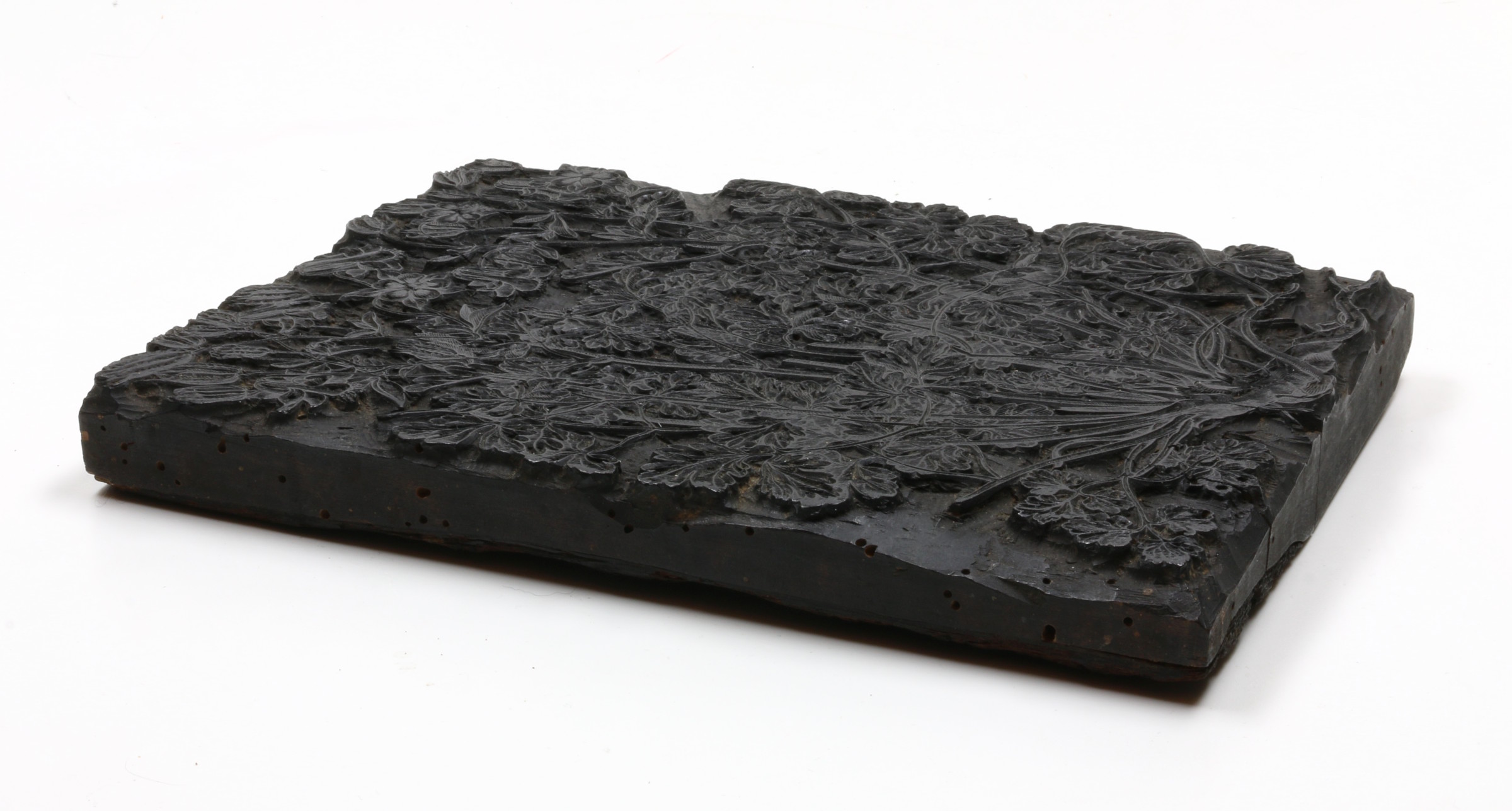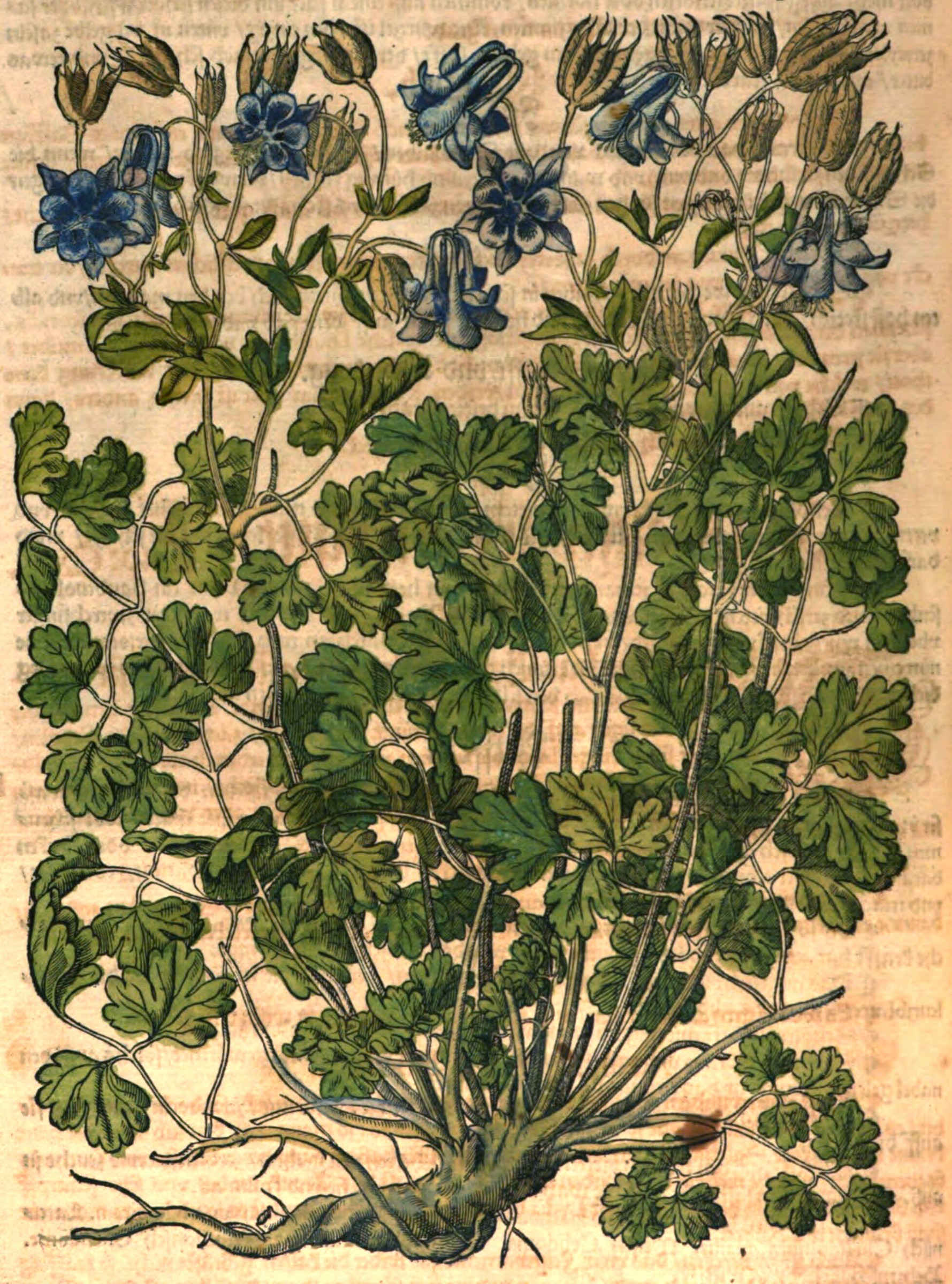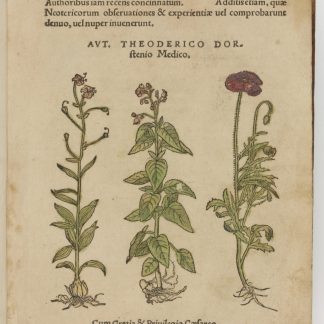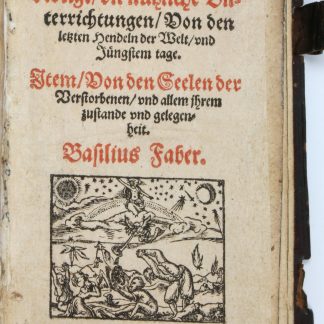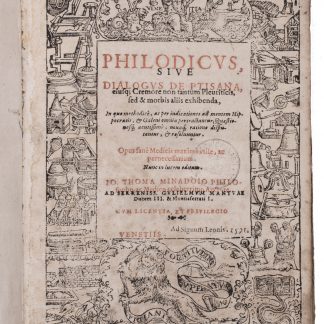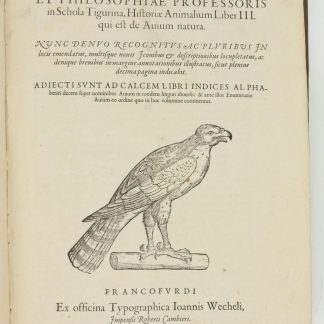[VERKAUFT]
Dieses Stück ist bereits verkauft. Am Ankauf eines gleichwertigen Exemplars bzw. von Stücken ähnlicher Bedeutung sind wir immer interessiert.
Original large-format woodblock of Aquilegia vulgaris (columbine).
220 x 155 mm. Probably pear wood.
Original woodblock carved by the editor and printmaker Wolfgang Meyerpeck (b. 1505, d. after 1579), based on a design by Giorgio Liberale (ca. 1527-80), to form one of the illustrations for the 1563 German edition of Mattioli's seminal Dioscurides commentary. It shows the only species of the genus Aquilegia (columbine) that is described in this important work of botany, there given the scientific name "Aquileia" and the German common name "Agley" (Akelei). Columbine was used in medicine in a variety of forms in the Middle Ages as well as in Early Modern times. The highly toxic seeds in particular were used as an aphrodisiac since the Middle Ages. Because of the symbolism attributed to them, columbines were frequently depicted in medieval paintings.
Pietro Andrea Mattioli (1501-77) was already a famous doctor and botanist when he was called to Prague in 1554/55 to serve as private physician to Archduke Ferdinand II. In 1564 he became private physician to the newly elected Emperor Maximilian II, a position in which he served until 1568, when he returned to Italy. During his time in Prague, Mattioli's Commentary, first published in Venice in 1544, was translated both into Czech and German, published in 1562 and 1563 respectively. The German translation is the work of Mattioli's assistant Georg Handsch (1529-78). Although most of Meyerpeck's and Liberale's woodprints were already used in the 1562 Czech edition, this illustration for columbine first appears in the German version. The illustrations were reused in a Latin edition of the work, printed in 1568.
With an old label verso, probably by Duhamel du Monceau. Minimal worming. Provenance: Old Württemberg private collection.
P. A. Mattioli & G. Handsch, New Kreüterbuch (Prague, Melantrich von Aventin, 1563), fol. 247v.

